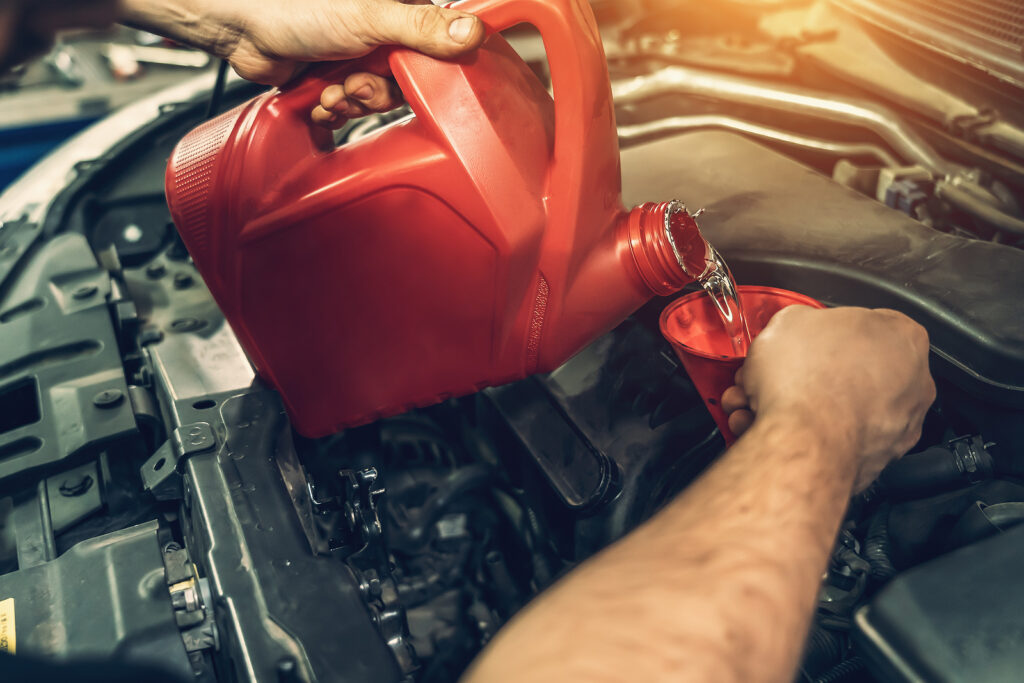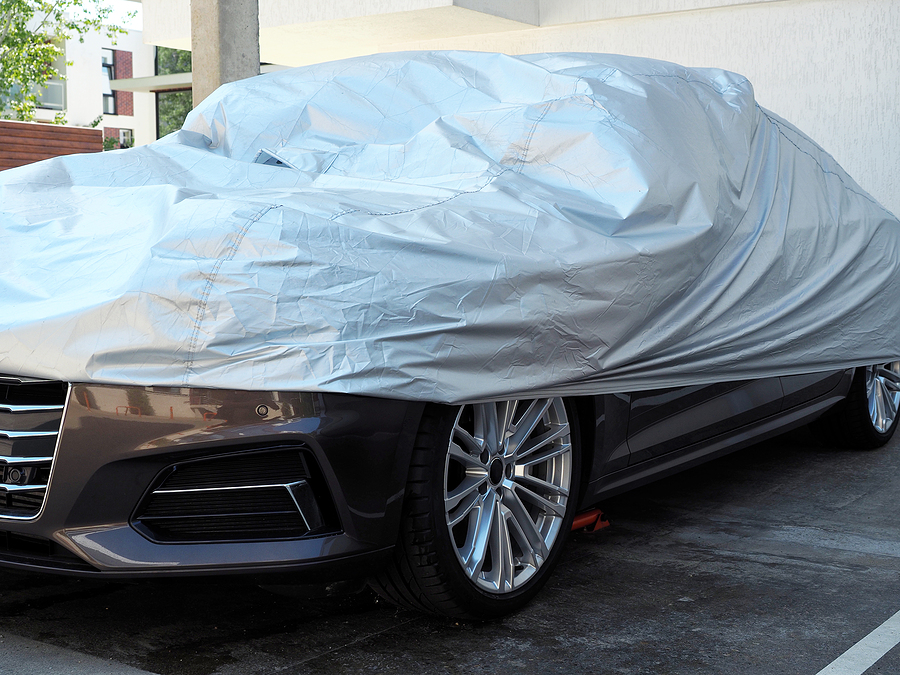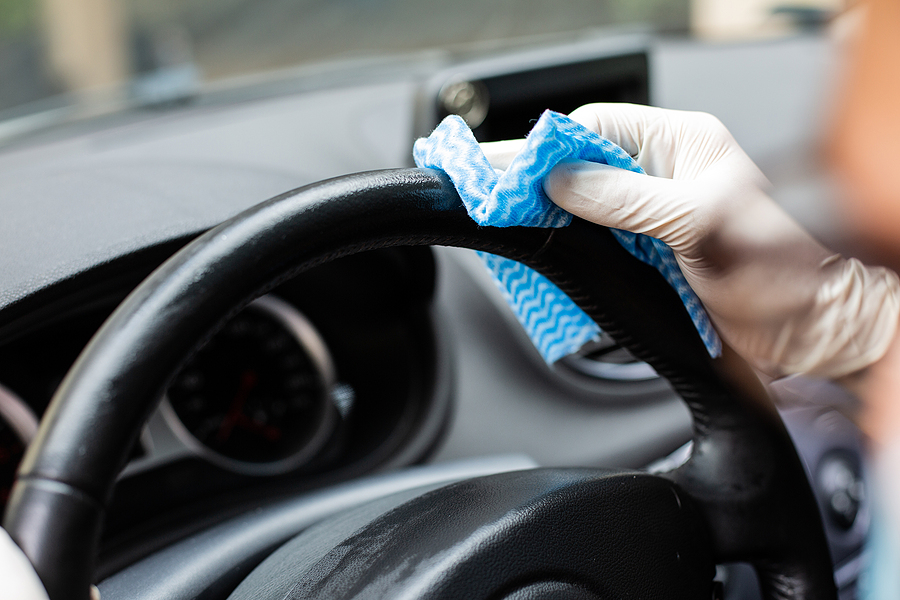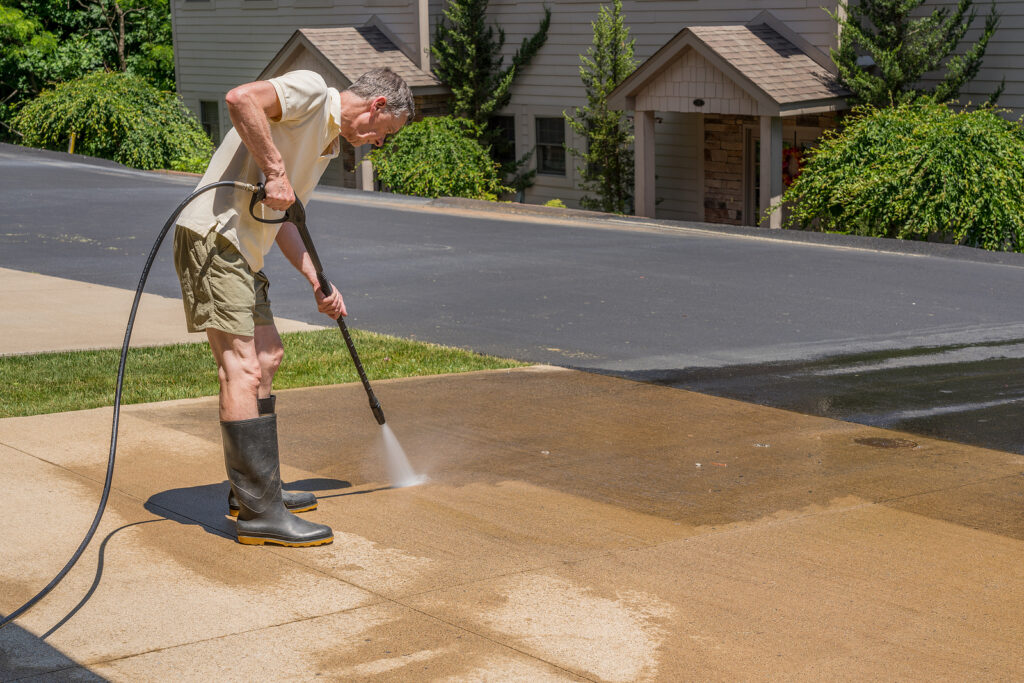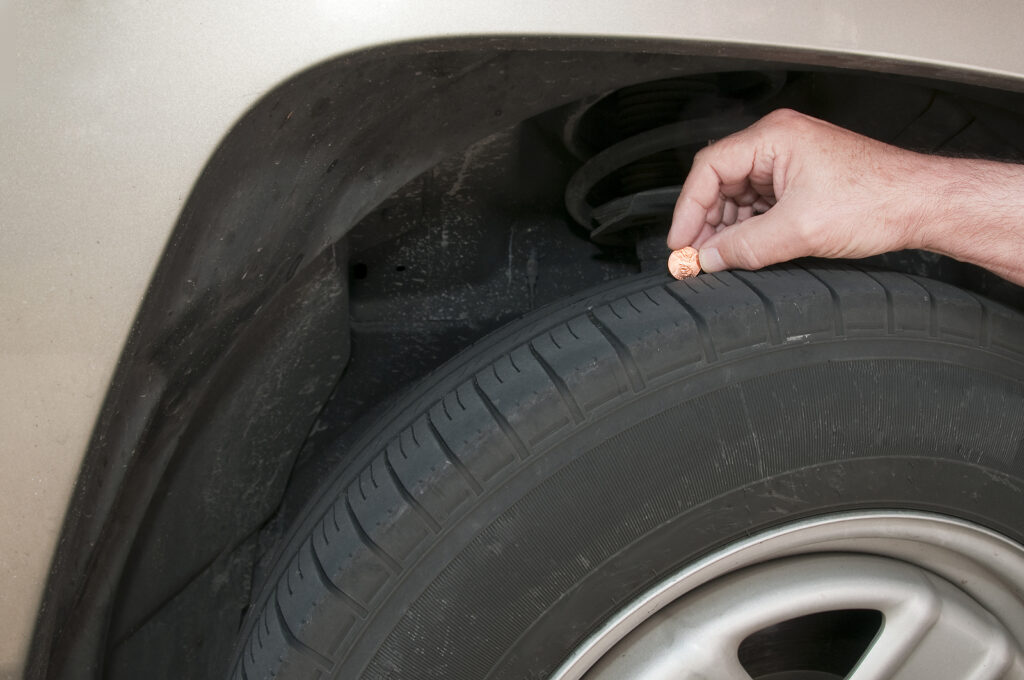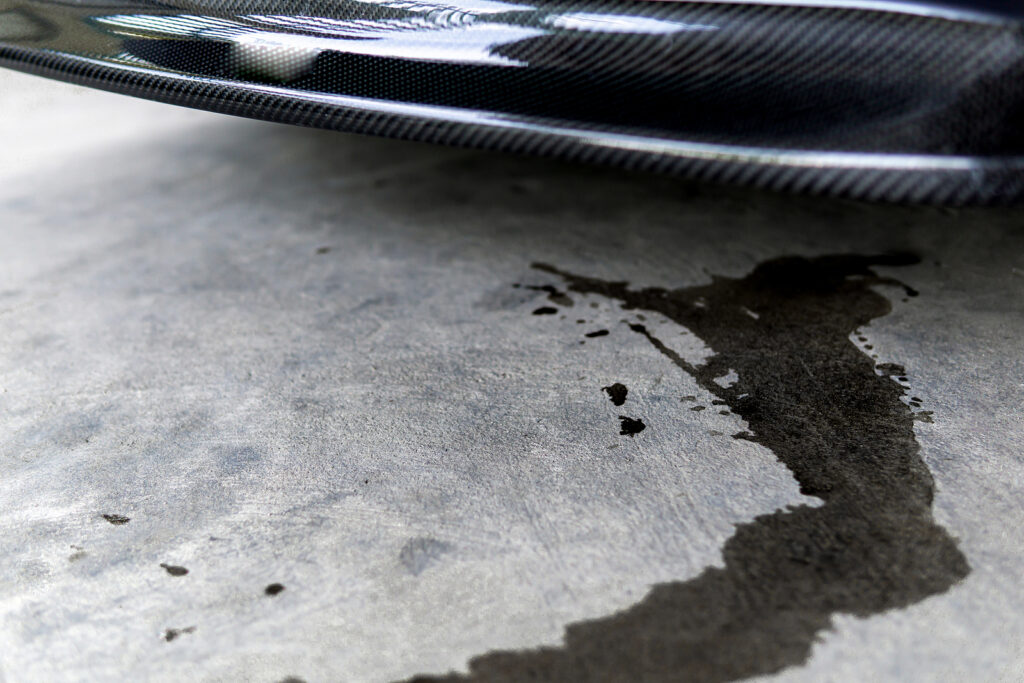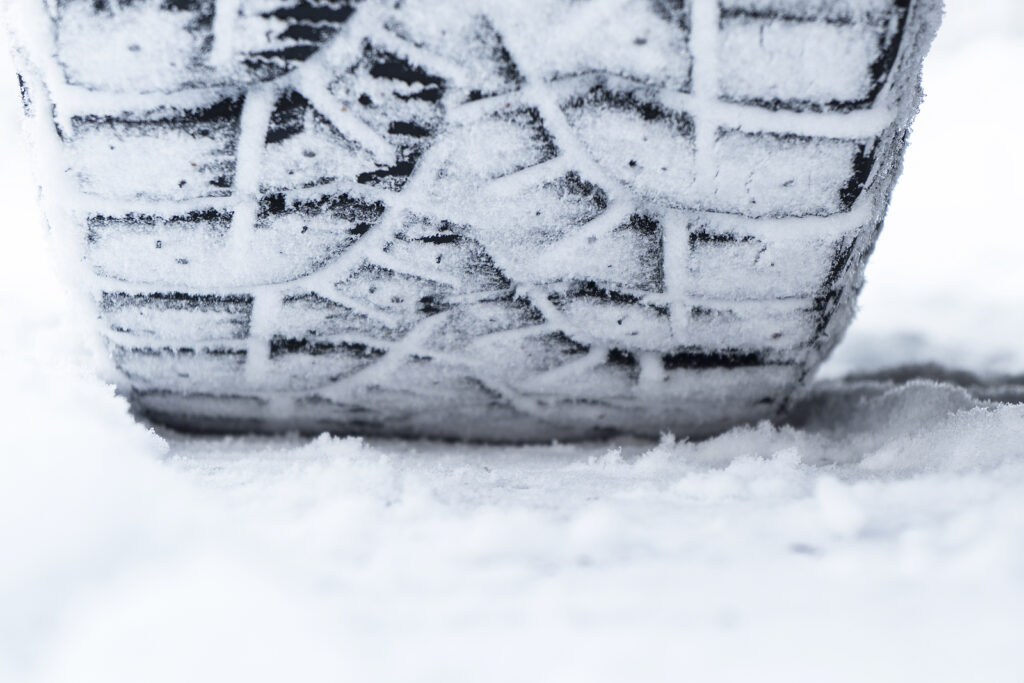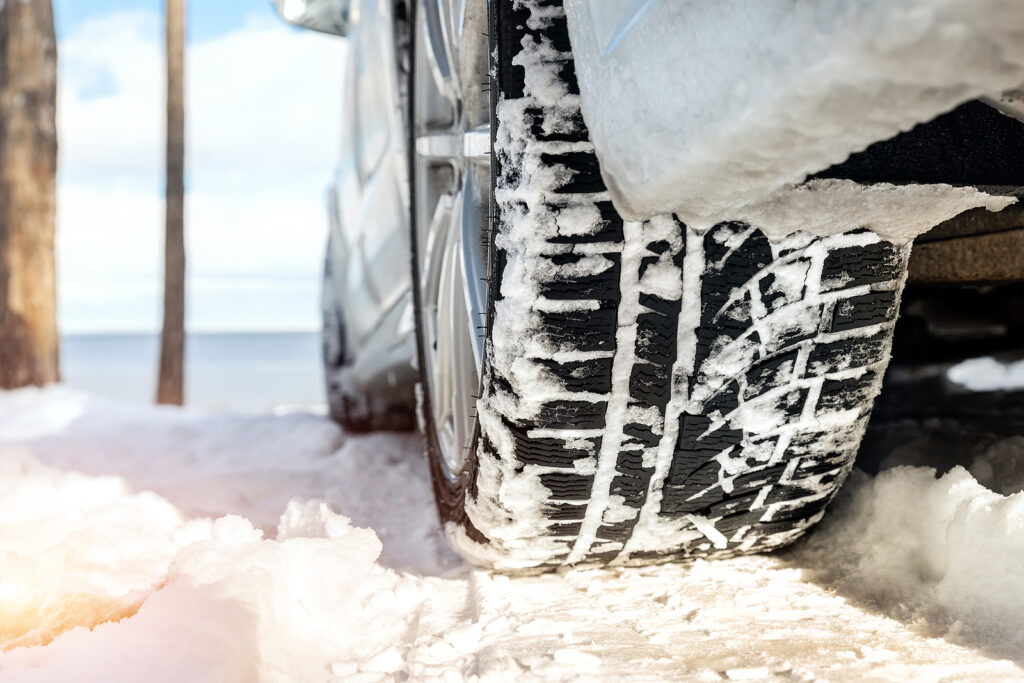Consumer sciences might agree that better-looking goods sell for more. However, this supply-and-demand principle does not always apply to all types of sales. Junk cars might be an example. Many people naturally wonder if they can get more money for their junk car before selling it to a scrap yard in Indianapolis. The answer depends on a few factors.
Continue below to learn what those factors are, plus how to ensure you make the most cash for junk cars in Indiana.
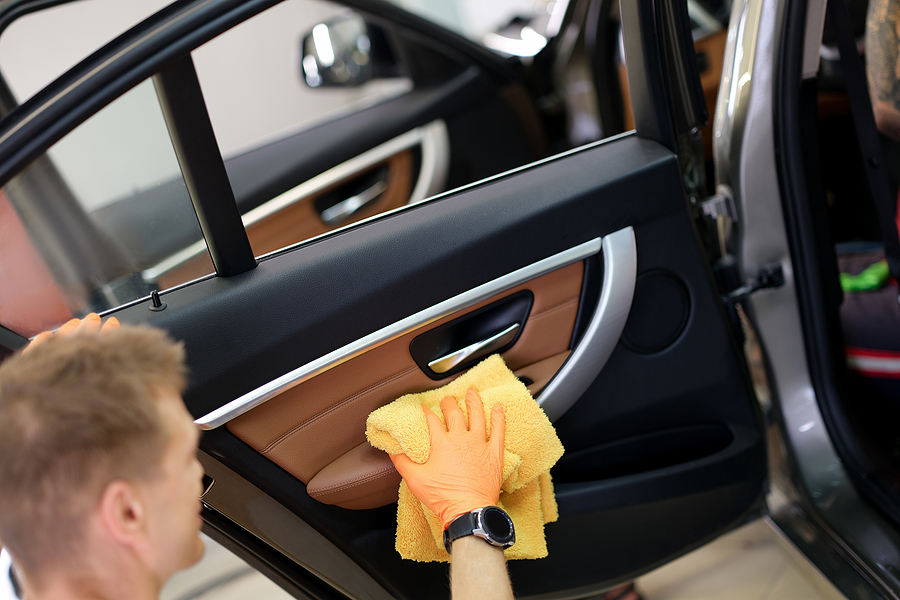
Automotive Detailing Options
Automotive detailing generally involves a comprehensive and methodical series of steps that cleanses, sanitizes, and freshens up the exterior and interior of a vehicle. You can choose to take your vehicle into a professional automotive detailing center and pay between $75 and $600, depending on the size and scope of your vehicle. Or you can detail your car on your own using store-bought products, materials, and equipment. If you choose DIY automotive detailing, you can expect to spend anywhere between 1 and 7 hours getting the job done, plus upwards of $200 for the supplies. It can be a lot of work and still cost you.
The Value in Detailing a Junked Car
Junk cars are just that: junk. But in some cases, a junk car can still drive, be repaired enough to be drivable again, or contain major car parts that can be refurbished and resold on the used auto parts market. Depending on the condition of your junk car, detailing could add value and get you more cash at the scrap yard, or it can end up a complete waste of money.
Ask yourself these questions to determine if automotive detailing is a worthwhile expense for your junk car:
Will my junk car operate again with just a few repairs, even if those repairs are major like engine replacement? Is my junked car very old and corroded? Does my junk car have a bunch of garbage inside?
For junk cars that might one day operate again, detailing could be very worthwhile before scrapping it at a local Indianapolis auto salvage yard. As mentioned earlier, the better looking something is, the more money it will sell for.
For junk cars that are old, corroded, or filled with garbage, automotive detailing could be a huge waste of time and money. Instead, it is wiser to tidy your car up before taking it in for a junk car evaluation. Although it won’t increase the innate scrap value, the auto buyers will reduce any fees from your offer related to cleanup and bio-hazard removal. This puts more money in your pocket!
Before Selling a Junk Car
Although you do not need to detail your junk car before selling it, it is smart to clean it up a bit. Give it a wash, clean out any trash inside the cabin or trunk, and remove any personal belongings. Be sure to also remove the front and back plates, plus cancel the insurance and registration with the state. And that’s all you have to do before selling a junk car for cash in Indiana!
Are you looking for the best junk car buying company that can pay you the full value of your junked motor vehicle? Contact Benjamin’s Junk Cars at 317-218-7133 to sell your junk car in Indianapolis for cash on the spot! We serve all of Central Indiana.
Related Posts:
What You Need to Know About Paying for Auto Body Work
How Much is a Junk Car Worth?
What to Do Before Getting Rid of a Junk Car

